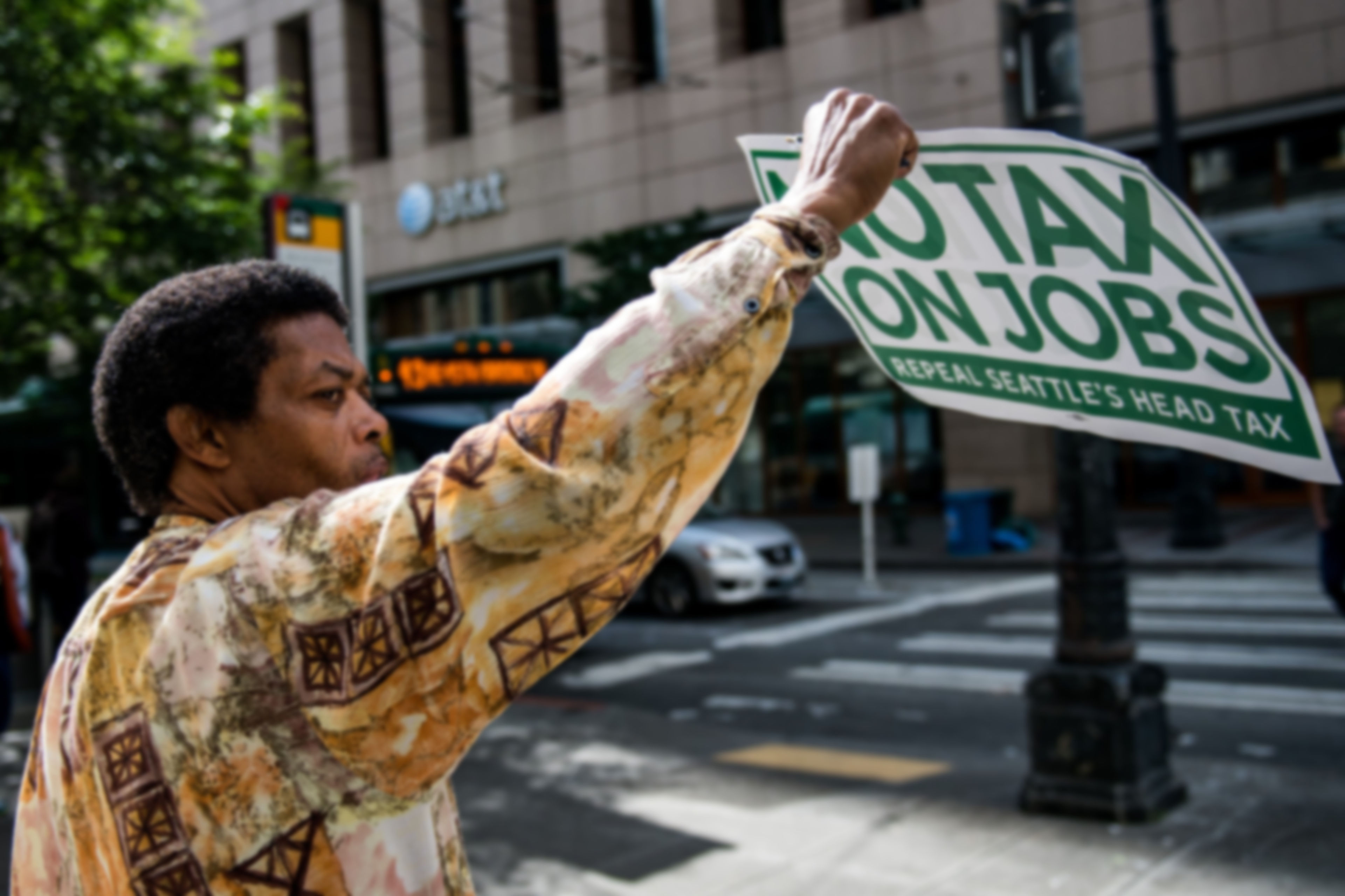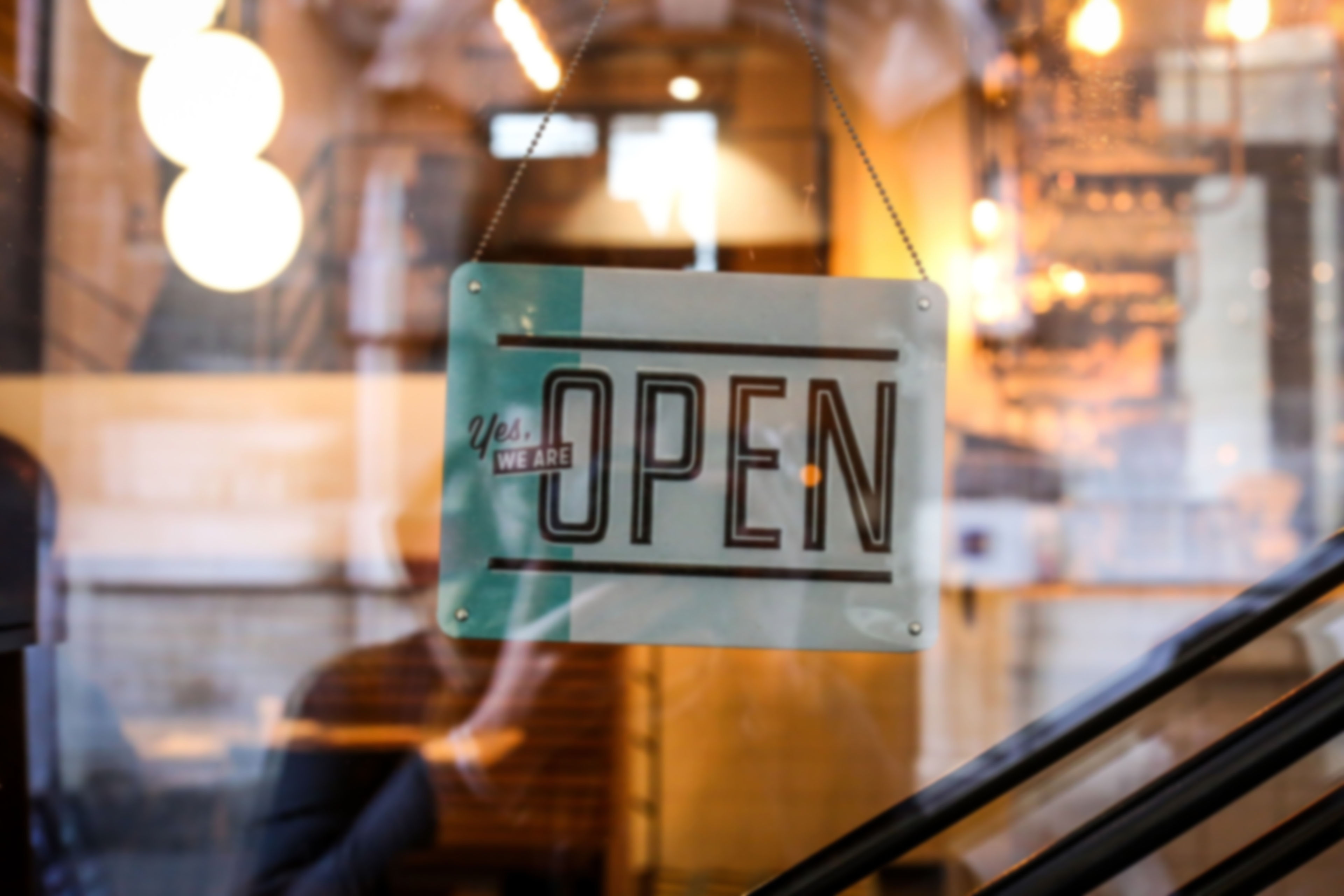
What does your tomorrow look like?
Louisa Heinrich is the founder of “Superhuman” and one of Europe's foremost futurists. She works with businesses and governments to become more human-centred, using digital technology to improve lives, make a positive contribution to society, and achieve commercial results. She provides advice both in thinking about the future, and properly preparing for it. Here are her pointers for how our business lives are going to change (or indeed stay the same) in the coming decade.


We move around for work, study, love, leisure – and the startup community is stepping up to service those of us who call more than one country home. The downside has been in governmental revenue, i.e. taxes. Corporations – and people - are free to move their money around to the most advantageous markets, and countries have competed in offering tax breaks.


They need to be useful. Useful in that they can be used to pay for goods and services the mass market needs, and usable in that they can be acquired and spent with a minimum of effort. Until the experience of engaging with crypto is equivalent to cash, that’s going to be a tough uphill battle.


Startups need capital, a strong idea that meets a real customer need, the ability to bring that idea to market in a way that works for and appeals to those customers, and marketing to tell the story of the product. Competition is stiff, so the quality of execution (experience) matters at least as much as the strength of the original idea.


Well-designed technology enables a better customer experience, a better/broader service offering, more convenience or more functionality, at minimal additional cost. That will leave companies without digital capabilities unable to compete – they’ll be playing catch-up and that’s not a winning position.


The only thing that will make companies more ethical is financial or regulatory pressure. The bigger the role ethics play in customer choice, the higher a priority ethical awareness will become.


Businesses need to be prepared to shift quickly to adapt to changing sociopolitical conditions, because it’s already abundantly clear that the unexpected – even the irrational – can and will happen. Agility is the new risk management.


The challenge for small businesses is keeping their offer fresh and getting the word out through all the noise – often through peer-to-peer marketplaces like Etsy or social media platforms like Facebook. Of course, for every good idea that sells, there are hundreds of copycats; so the competition is fierce and unlikely to abate anytime soon.


Some people are loyal to the brands and shops they like, while others shop around for bargains and are open to new products. Ultimately, consumers will choose where they buy based on their own hierarchy of needs. A vendor wishing to go direct will need to offer a significant advantage over the competition in at least one of these areas (e.g. convenience, quality, comfort, brand excitement etc.).


Some of the most successful shops these days are lifestyle brands with immersive in-store experiences. City centres like Berlin have had some success converting empty retail space into serial popup spaces: when that popup closes, its customers can switch to the online channel and a new set of merchandise moves in.


The pace of change is what it is, and we need to develop new techniques to adapt – both commercially and sociologically. There is an enormous amount of time, effort, money and attention given to the former and not nearly enough to the latter.
Are you a business or private individual exchanging currency on a regular basis?
Join our free ’Member Exchange’ platform in minutes to save an average of 95% on your currency exchange costs.
Continue reading
You may not feel it every morning, but how, where and why we work are all changing rapidly. The days of a 9-5 job for life are largely over. And digital is disrupting things even more. But that can be a good thing.

Freemarket is a unique ’Member Exchange’ currency platform that’s turning conventional currency exchange on its head. If you’re a business or private individual, exchange currency by exchanging your funds with other members, for a fixed fee of 0.2%.
FreemarketFX Limited is authorised by the Financial Conduct Authority (FCA) – Firm No.585093
30 Great Guildford Street
London, SE1 0HS



